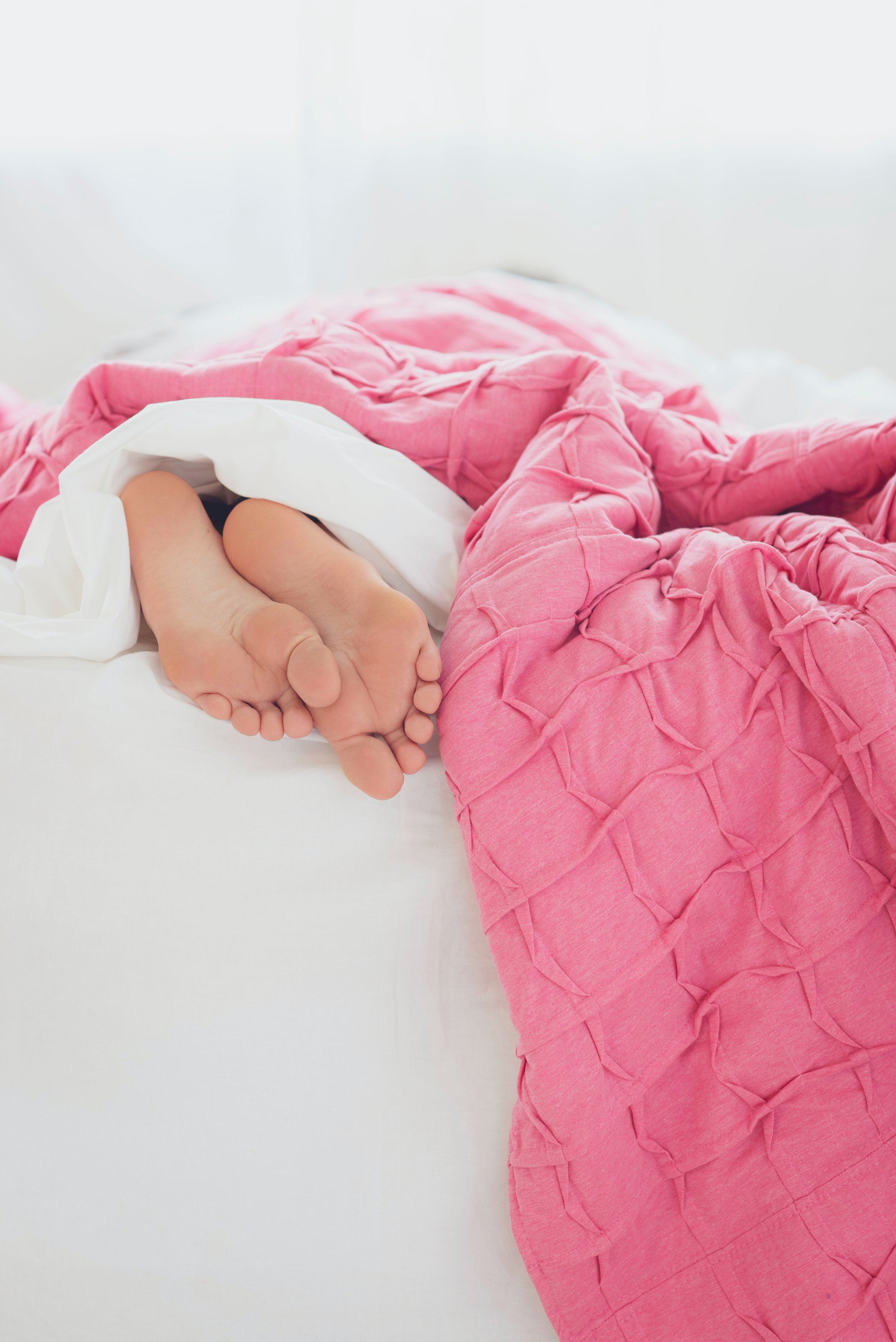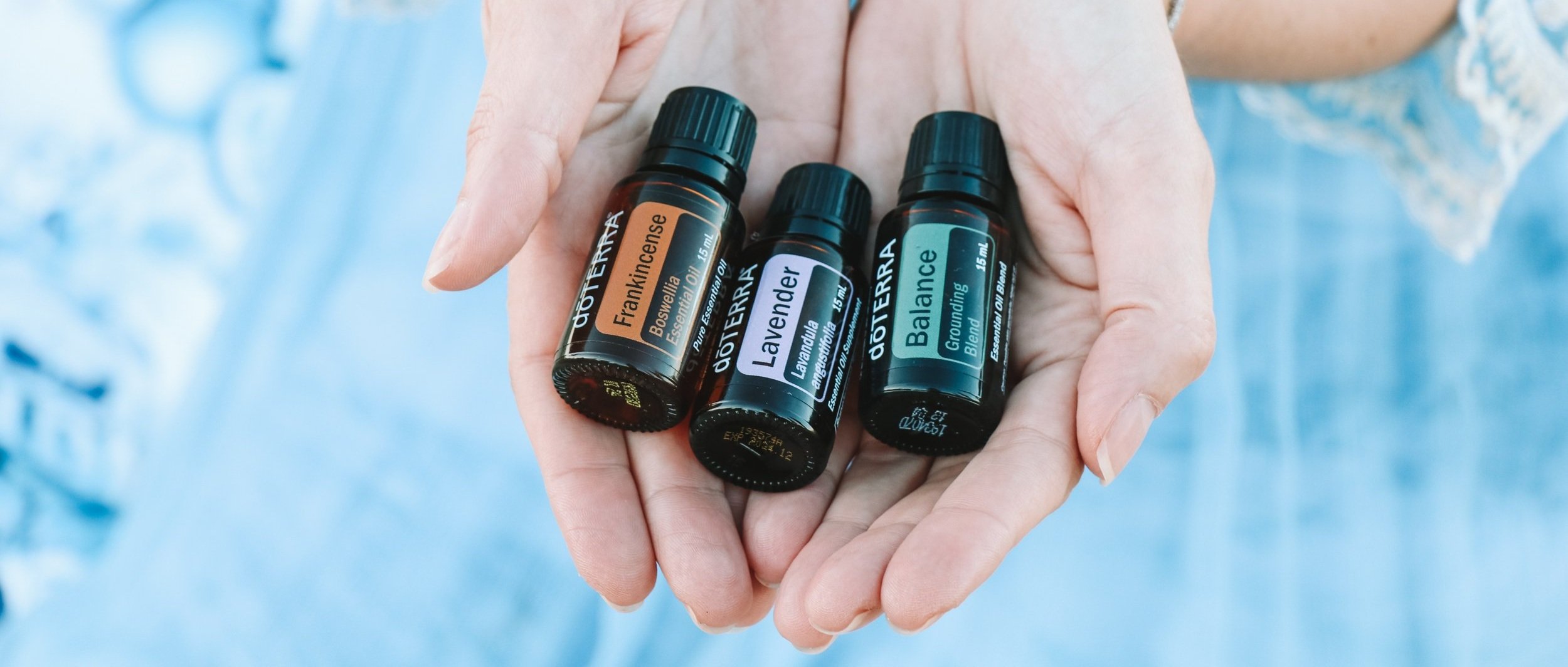
SLEEP & INSOMNIA
Perimenopause insomnia and sleep problems caused by falling oestrogen levels affect the body’s ability to produce melatonin, the hormone that helps regulate your sleep/wake cycle, while levels of progesterone, the hormone that helps you to fall asleep, also dip. Add night sweats in the mix, no wonder menopause insomnia and sleep loss is a common peri-menopausal symptom!
Perimenopause sleep problems are a common symptom
Insomnia and perimenopausal sleep problems are one of the first signs of your hormonal transition into menopause. As you tiptoe into your perimenopausal years it’s worth knowing in advance that your menopause sleep is the most important commodity you need, sleep loss can exacerbate, or trigger, many other menopause symptoms!
How does menopause affect sleep?
Falling oestrogen levels in perimenopause affect the body’s ability to produce melatonin, the hormone that helps regulate your sleep/wake cycle, while levels of progesterone, the hormone that helps you to drop off, also fall.
Fluctuating hormones not only impact your ability to relax, fall asleep and stay asleep but can trigger other symptoms such as night sweats and anxiety, (although, you don’t have to suffer from night sweats to suffer from menopause insomnia). Oestrogen levels may also contribute to other perimenopause sleep problems and breathing irregularities like sleep apnoea (pauses in breathing followed by loud snoring!).
You might want to check out our health post Restless Leg Syndrome (RLS) Is it ruining your menopause sleep?
Medical treatment for menopause insomnia
There may come a time when your menopause insomnia becomes just too much to bear! NHS advice is to talk to your doctor if after changing making lifestyle changes and taking steps to improve sleep habits, you don’t see any change. Where menopause sleeplessness persists, and it’s affecting your quality of life, your doctor may recommend CBT or prescribe a short course of sleeping tablets.
Does HRT help with tiredness?
If you have those vasomotor symptoms, hot flushes, and night sweats, HRT (if you are able to take it) has been shown to improve sleep quality in menopause. Bad news - HRT won’t improve sleep if you don’t have flushes & sweats.
The usual caveat here, HRT is something to be discussed with your doctor. There are pros and cons to taking it. See our video, What Is HRT? We don’t take a view. It’s for you to decide whether it’s for you or not.
Natural treatments for menopause sleep problems
Aromatherapy and essential oils
Using Lavender, Valerian and Clary Sage essential oils before bedtime can help alleviate mild sleep problems. They act by calming the nervous system and if you feel relaxed you might be able to drop off more easily. Try burning in a diffuser or applying directly to the skin via a carrier oil.
Acupuncture and Traditional Chinese medicine
The British Acupuncture Council say ‘there is some encouraging evidence which suggests that acupuncture has a role to play in helping people to deal with longstanding sleep problems,’ and may well help to ease the hot flushes and night sweats disturbing your sleep.
Sleep talking
Cognitive Behavioural Therapy for Insomnia sessions (CBT-I), delivered by a certified therapist, aims to change unhelpful thoughts and behaviour that stop you from sleeping. NHS Choices say it can be a very effective treatment. Ask your doctor about referral routes in your area.
Stress busting apps
Acceptance and Commitment Therapy (ACT) pioneered by ‘The Sleep School’ teaches a mixture of CBT and mindfulness, helping you to accept being awake without panicking about the effects of sleep loss. Online support is available via their site.
Use sleep apps such as Clarity, the first mindfulness, relaxation and sleep app for menopausal women, or Calm where you can choose
Self-help to improve menopause sleep problems
Sorting out sleep troubles won’t just improve the quality of your everyday life; it may improve your general well-being! Chronic sleep issues can damage your overall health, increasing your risk of developing serious health problems, including depression, heart disease, high blood pressure and type 2 diabetes. So if sleepless nights are getting you down, understanding what causes the problem and what to avoid that triggers insomnia can be half the battle won.
Managing sleep in menopause is important - now is the time to review your habits, a time to put yourself at the top of the priority list to ensure you have a positive menopause, as a lack of this precious commodity can create a spiralling vortex of other symptoms. If you prefer a more holistic approach, diet and lifestyle changes are easy self-help strategies.
















